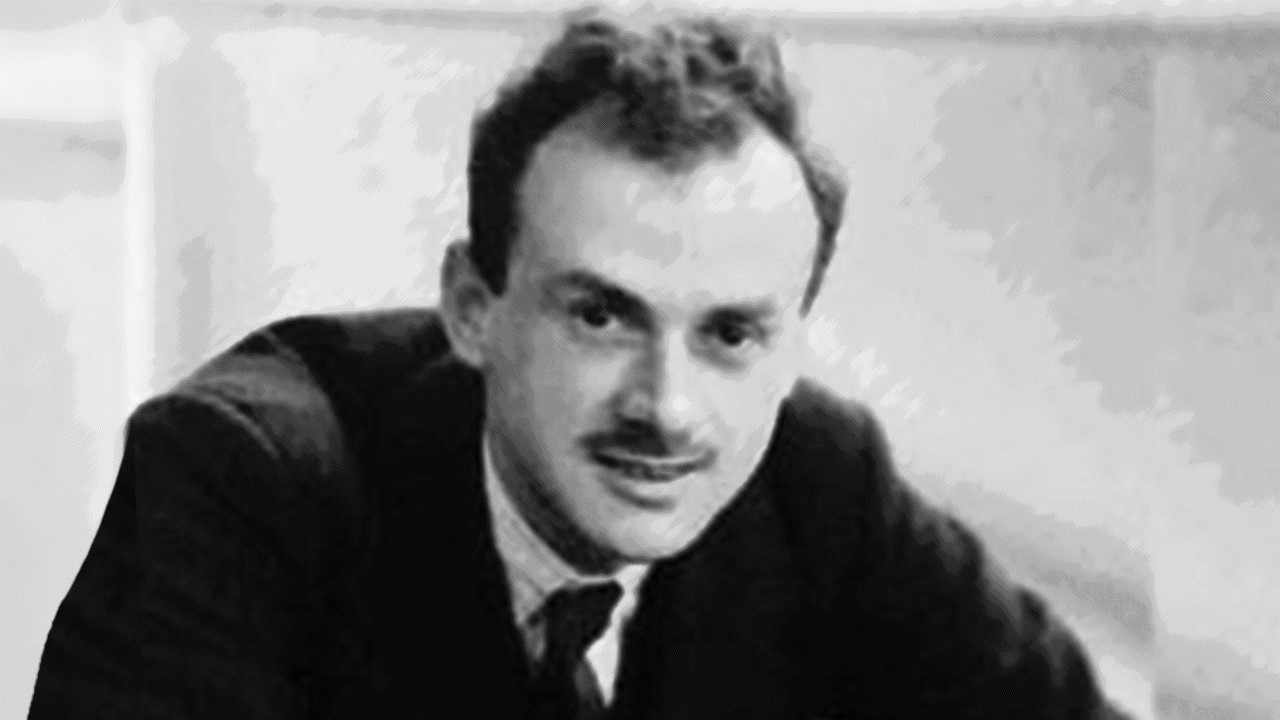
Five Quotes By Paul Dirac On Religion

7 Life Lessons From 7 Scientists To Inspire You
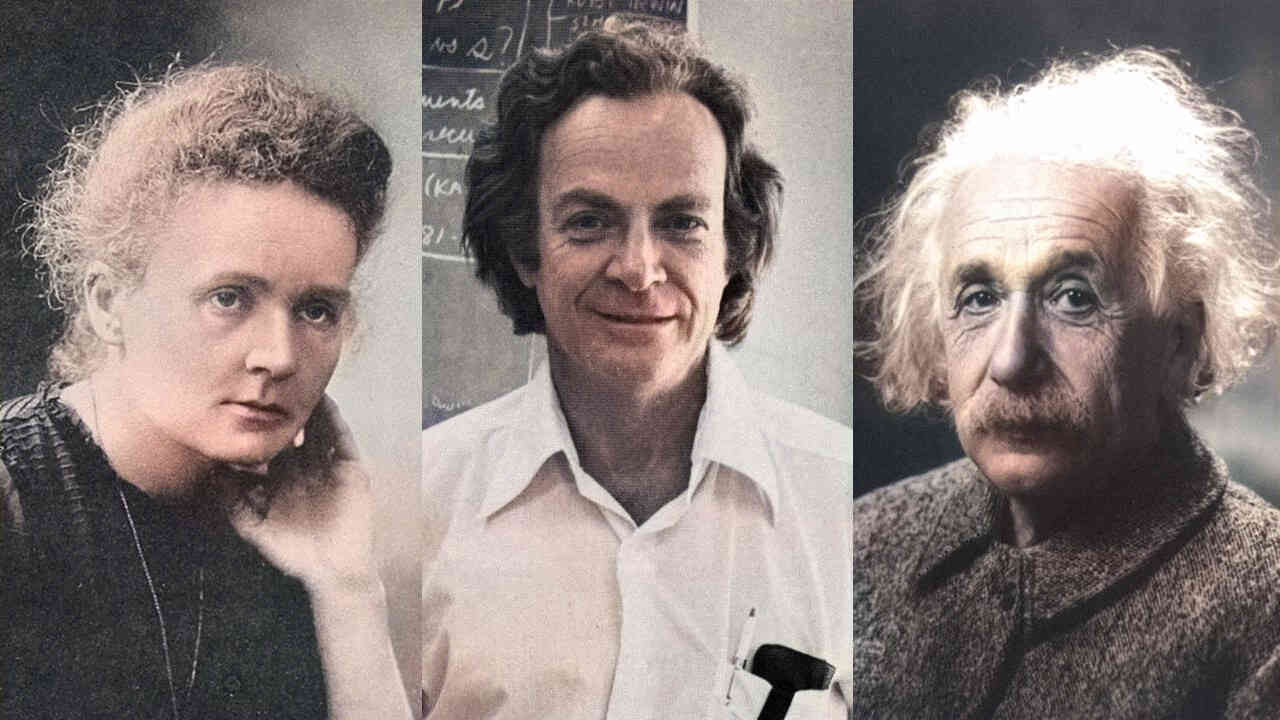
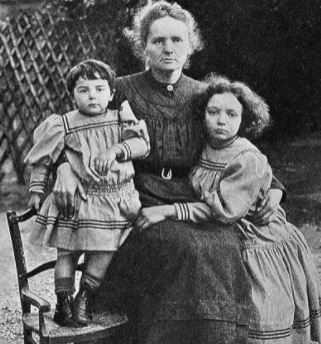
Five Quotes By Steven Weinberg on Religion

1. You don't have to know everything
2. Specialize in a developing field
3. Don't be afraid to be wrong
4. Read more of science history
Five Quotes By Richard Feynman On Politics

Governance:
Patriotism:
Democracy:
Deficit:
Elections:
Summing up:
Why Carbon Did Not Form In The Big Bang?
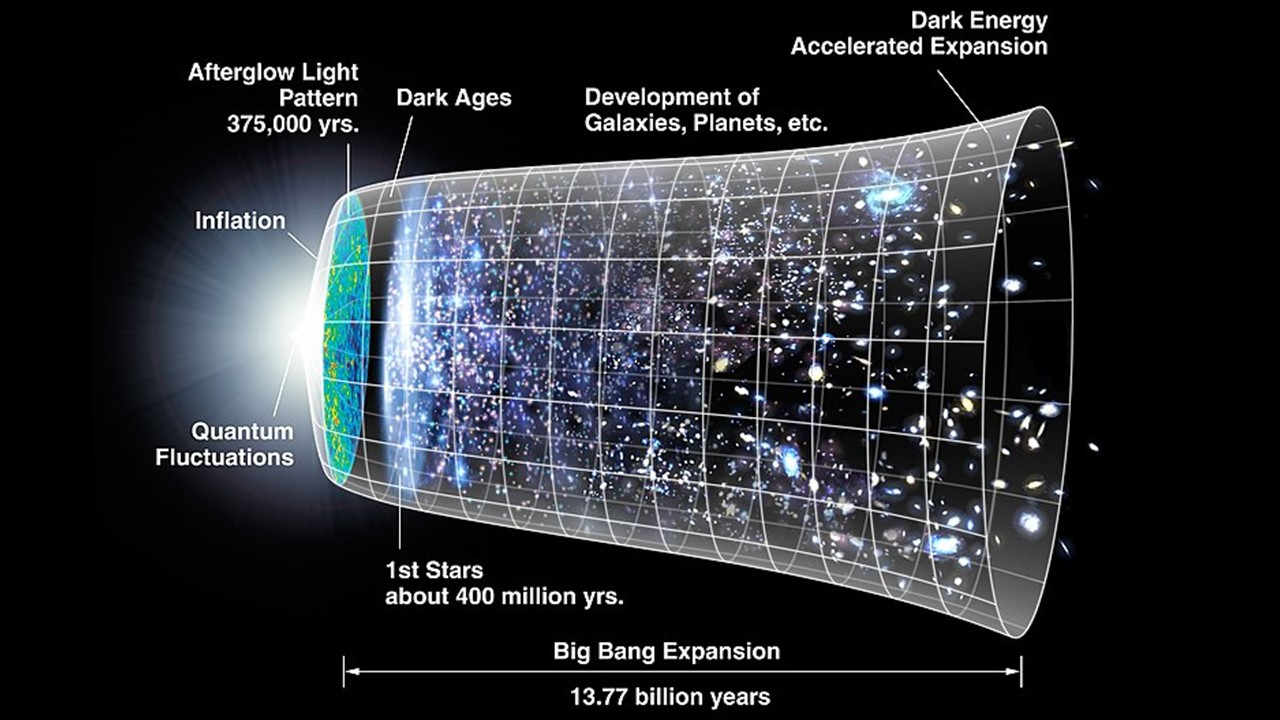

Three scientists share Nobel Prize in physics for quantum mechanics
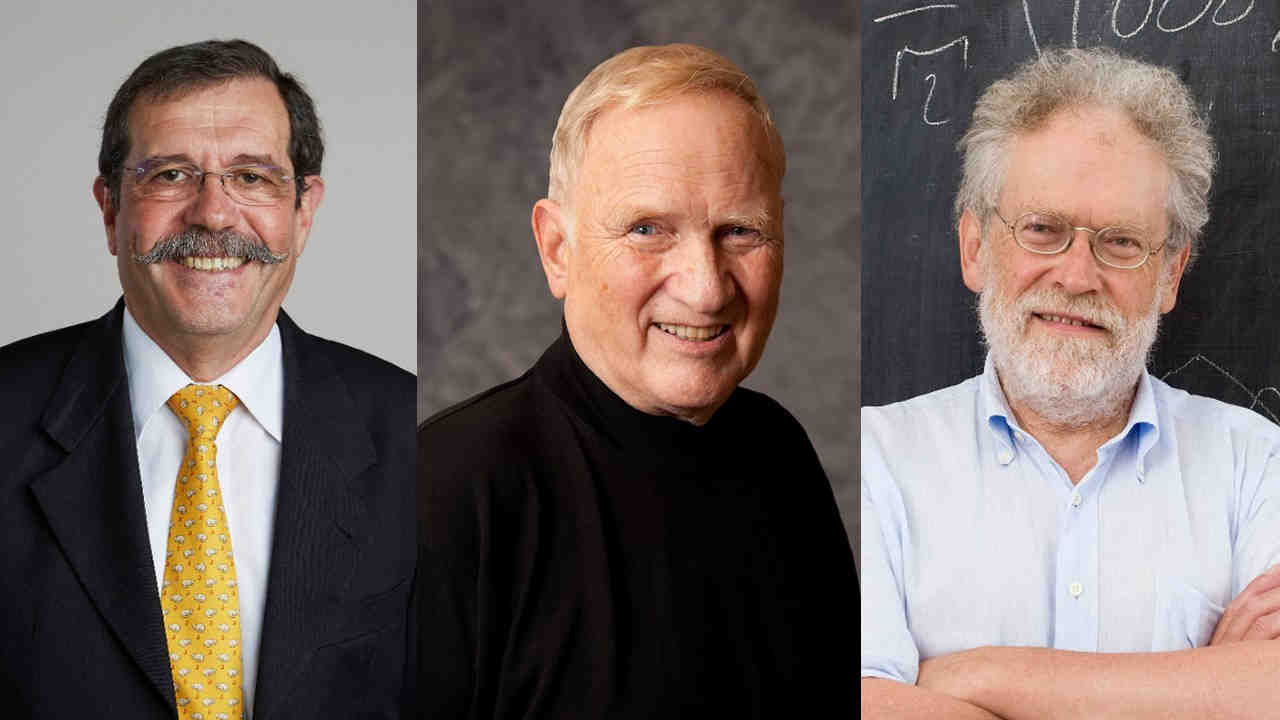
Physicist Alain Aspect developed a system capable of switching the measurement settings after an entangled pair had left its source, so the setting that existed when they were emitted could not affect the result.
Why Richard Feynman was an avowed atheist

Feynman was more famous as a beloved teacher whose lectures helped a many graduate and undergraduate students discover their love for physics.
Feynman replied candidly: Agnostic for me would be trying to weasel out and sound a little nicer than I am about this. I call myself an atheist.
We do not know what the rules are of the game. But if we watch long enough, we may eventually catch on to a few of the rules. The rules are what we mean by fundamental physics.
...so that God can watch human beings struggle for good and evil — which is the view that religion has. The stage is too big for the drama.
"The remark which I (Feynman) read somewhere, that science is all right as long as it doesn't attack religion. As long as it doesn't attack religion it need not be paid attention to and nobody has to learn anything. So it can be cut off from society except for its applications, and thus be isolated."
But you need God for the other mysteries, the question of life and death, for instance. God is associated with those things that you do not yet understand. Therefore I (Feynman) don't think that the laws can be considered to be like God because they have been figured out.
Feynman says: Fall in love with some activity, and do it! Nobody ever figures out what life is all about and it doesn't matter. Explore the world. Nearly everything is really interesting if you go into it deeply enough.
But I don't feel frightened by not knowing things, by being lost in the mysterious universe without having any purpose — which is the way it really is, as far as I can tell. Possibly. It doesn't frighten me. Thus, Richard Feynman was a lifelong atheist.
Why We Can Never Build The Time Machine
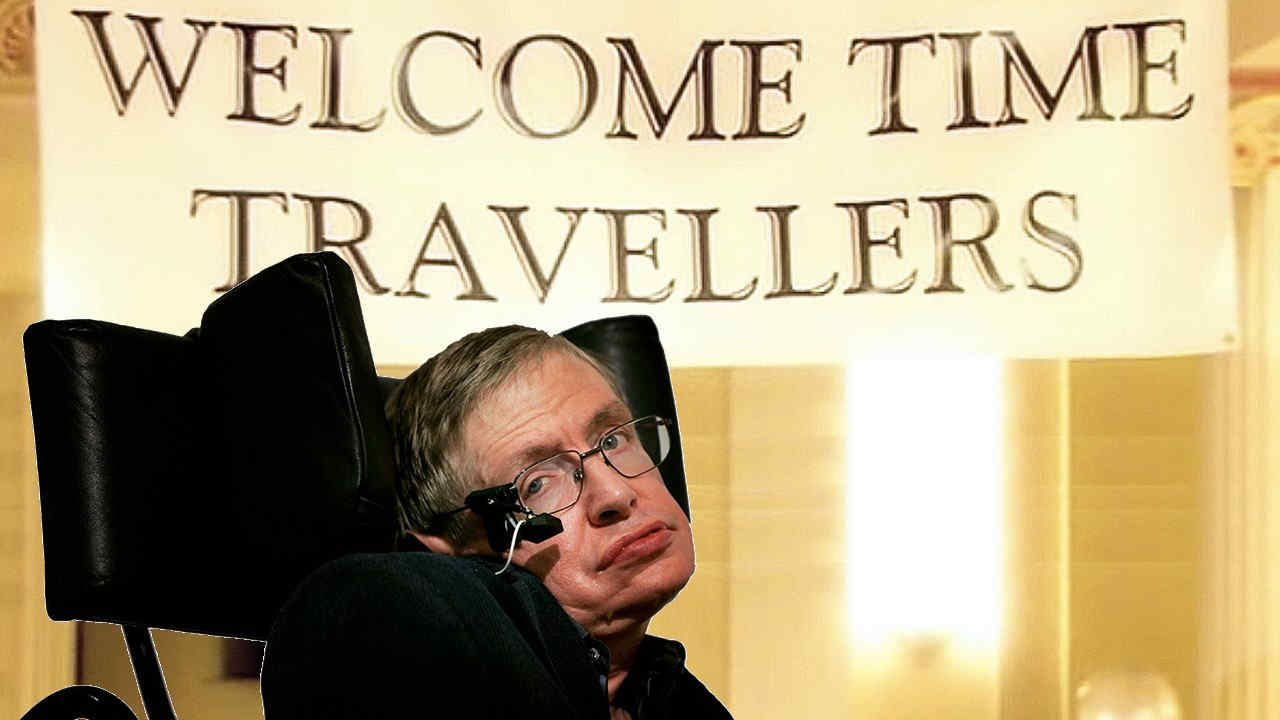
Theory of relativity

The paradox
What is possible
Summing up
10 Inspiring Quotes From Richard Feynman's Letters

Richard Feynman was a Nobel Prize winning American physicist whose letters have grabbed the attention of media far and wide. They included jokes, anecdotes, puzzles and news for his parents while he worked at institutions across America.
The following 10 quotes by Richard Feynman are extracted from the book titled, Don't you have time to think? edited by his daughter Michelle Feynman. The book, published in April 2005, is a unique collection of Feynman's letters.
1) Letter to mom Lucille Feynman, Oct 1939: Professor Wheeler was called away suddenly last night so I took over his course in mechanics for the day. I spent all last night preparing. It went very nicely and smoothly. It was a good experience - I guess someday I will do a lot of that.
Physicist John Wheeler was Feynman's doctoral advisor. This was probably Feynman's first lecture he gave in the absence of Prof Wheeler, as mentioned. He seems to have enjoyed teaching and wanted to share that feeling with his mother.
2) Tell pop I have made out a time schedule so as to efficiently distribute my time and will follow it quite closely. There are many hours when I haven't marked down just what to do but I do what I feel is most necessary then or what I am most interested in.
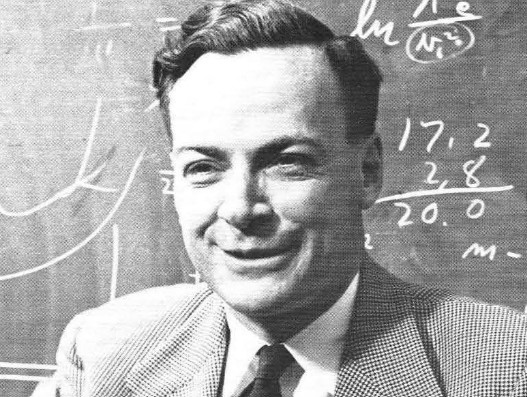
Like most students Feynman also struggled to manage time. At the time this was written Feynman was quite early in his twenties. As suggested by his father, Feynman made a time table to achieve maximum level of productivity in a day.
3) 1940: I am listening to a course in physiology, study of life processes, in the biology dept. It is a graduate course. I don't know at all as much as the 3 other fellows in the class but I can understand and follow everything easily.
Just like this, Feynman was led to new adventures in life by his curiosity. In a 1979 interview given to Omni magazine Feynman said: I don't know anything, but I do know that everything is interesting if you go into it deeply enough.
4) Letter to Arline, the love of his life, year 1945: I feel I am a reservoir for your strength. Without you, I would be empty and weak, like I was before I knew you... but your moments of strength make me strong and thus I am able to comfort you with your own strength when you are down.
5) Study hard what interests you the most in the most undisciplined, irreverent and original manner possible. Letter to J. M. Szabados (November 1965)
6) Letter to Koichi Mano, February 1966: You say you are a nameless man. You are not to your wife and to your child. You will not long remain so to your immediate colleagues if you can answer their simple questions when they come into your office.
You are not nameless to me. Do not remain nameless to yourself — it is too sad a way to be. Know your place in the world and evaluate yourself fairly, not in terms of the naïve ideals of your own youth, nor in terms of what you erroneously imagine your teacher's ideals are.
7) Do not read so much, look about you and think of what you see there. Letter to Ashok Arora, January 1967.
8) The real question of government versus private enterprise is argued on too philosophical and abstract a basis. Theoretically, planning may be good. But nobody has ever figured out the cause of government stupidity — and until they do (and find the cure), all ideal plans will fall into quicksand. 1963 letter to his wife, Gweneth.
9) Tell your son to stop trying to fill your head with science — for to fill your heart with love is enough! Note to the mother of Marcus Chown.
10) Last letter to Arline, written in 1946, after her untimely death due to prolonged tuberculosis: I adore you sweetheart. I find it hard to understand in my mind what it means to love you after you are dead. But I still want to comfort and take care of you — and I want you to love me and care for me.
I want to have problems to discuss with you — I want to do little projects with you. My darling wife, I do adore you. You, dead, are so much better than anyone else alive. I love my wife. My wife is dead. PS: Please excuse my not mailing this but I don't know your new address.
5 Women Who Deserved To Win Nobel Prize In Physics
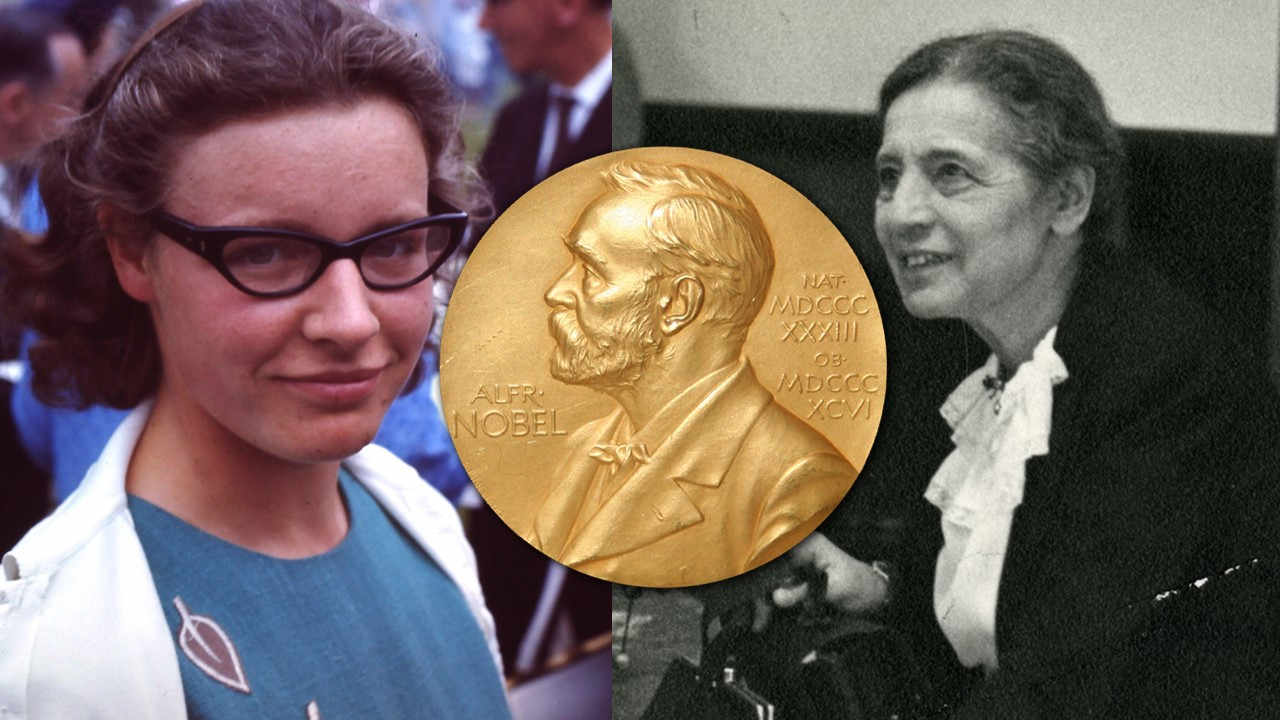
Chien-Shiung Wu
Jocelyn Bell Burnell
Emmy Noether
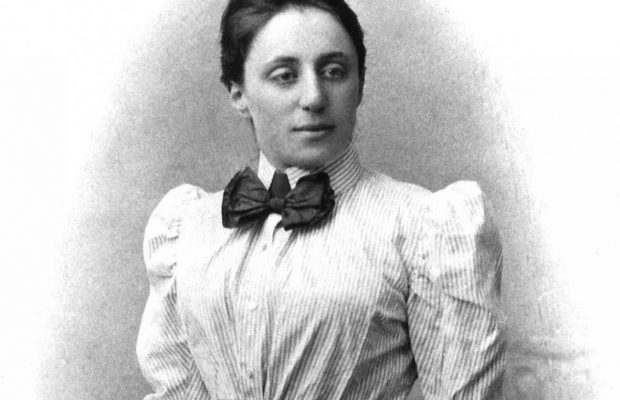







 Physics, astronomy and science history blog for students
Physics, astronomy and science history blog for students